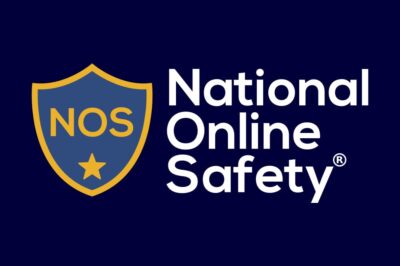
Please find the National Online Safety guide for ‘What Parents Need to Know about Virtual Reality‘ below.
Download: What Parents Need to Know about Virtual Reality [PDF]
Thank you.
More Information
Virtual reality (VR for short) has existed for decades, but it’s only in the last 10 years that the technology has really become publicly available. With VR’s rapid rise as a gaming and educational medium, there are plenty of unknowns regarding its use – for adults and children alike. Is it safe? How long should someone use VR for? How expensive is it? What’s clear is that VR is becoming ever more ubiquitous in everyday life: from companies using it for training to at-home fitness. Knowing what the technology is capable of is more useful than ever.
In the guide, you’ll find tips on a number of potential risks such as physical accidents, premature exposure and eye strain.
